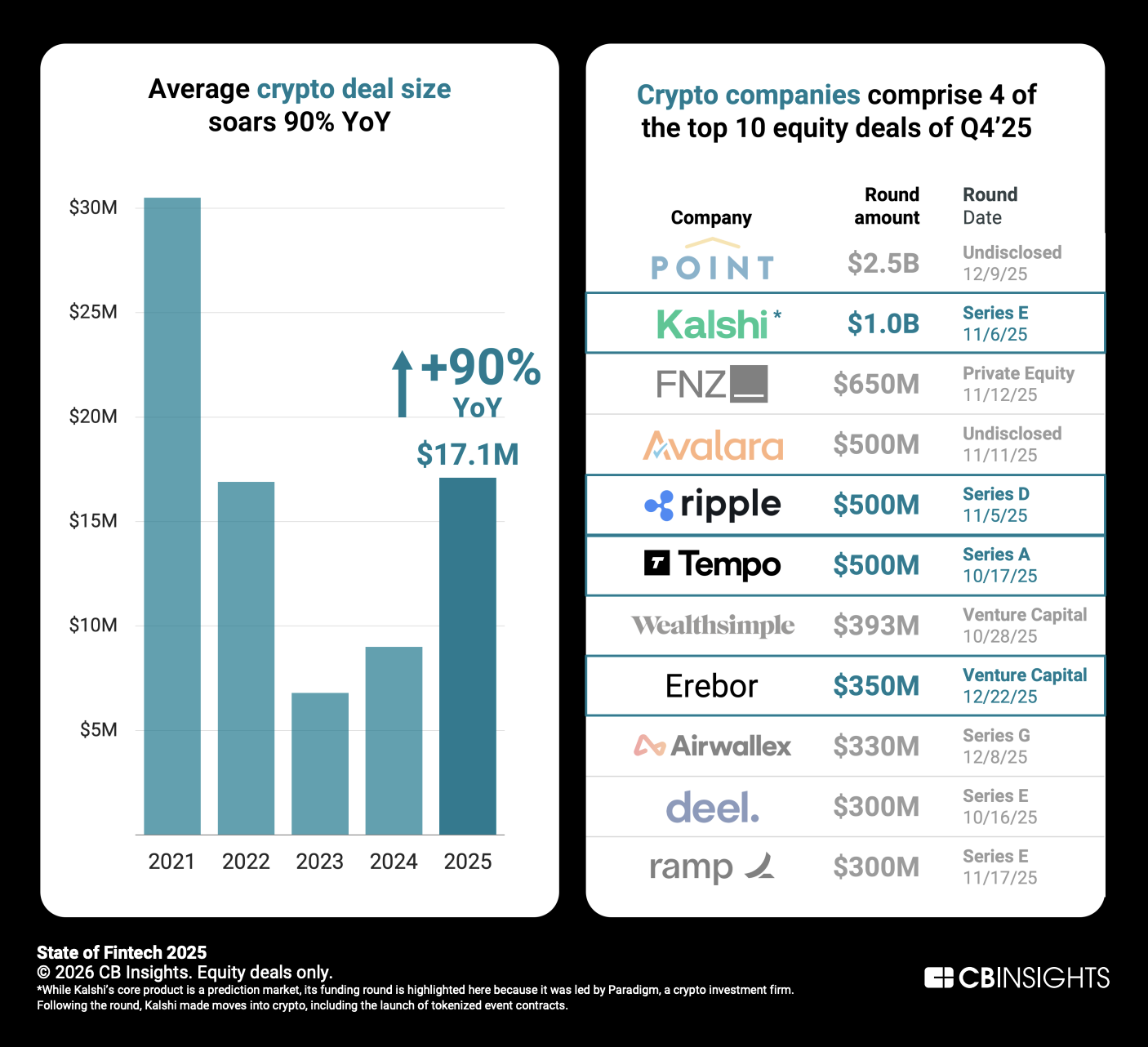On April 4, 2024, senior leaders of the Indian National Congress (hereinafter referred to as the "Congress") either faced expulsion from the party or voluntarily departed. Former National Spokesperson of the Congress, Mr. Gaurav Vallabh, recently joined the incumbent Bharatiya Janata Party (hereinafter referred to as the "BJP"). On April 3, 2024, the Congress expelled Senior Leader of Maharashtra Congress, Mr. Sanjay Nirupam, citing indiscipline and deviation from the party line. Another senior spokesperson and Gujarat Congress leader, Mr. Rohan Gupta, also left the Congress.
The list of departures is extensive, but Sanjay Nirupam and Rohan Gupta have not disclosed their intentions. Upon joining the BJP, Gaurav Vallabh wrote a letter to the Congress citing relevant issues and expressing disagreement with the party's stance. He expressed his inability to criticize India's wealth creators incessantly and renounce Hindu religion. Similar sentiments have been echoed by other political leaders from the Congress who were either suspended or departed. Sanjay Nirupam held a press conference in Mumbai on April 4 after his suspension, addressing the ideological stance of the Congress.
According to him, there are two forms of secularism: the Mahatma Gandhi School of Secularism and the Nehruvian School of Secularism. After 1947, the Congress opted for the latter to be practiced in India. Unfortunately, the Congress Party struggles to accept that such secularism was challenged after 2014. Essentially, I intend to elaborate on why Congress is facing a credibility crisis in this article and why it has not emerged as a national alternative to the BJP. Why have senior leaders left the Congress to join the BJP to avert their political downfall? Ultimately, no one wants to trust a Titanic to navigate the ocean safely and reach its destination.
In political science, there are two types of secularism: positive and negative secularism. Gandhi advocated for positive secularism because he had faith in God, particularly in Lord Rama. His political philosophy was Ram Rajya, a term coined to represent a state operating at the highest level of governance practices with zero corruption and leakages. It guarantees justice for all and a free market economy with transparent taxation laws. In positive secularism, one can practice what they preach, but the state must remain aloof from such practices. Just like in Britain, where the Crown is considered the "Defender of the Faith," the government has no involvement in religious practices. However, public servants can freely engage in their rituals. The Prime Minister of Britain, Rishi Sunak, proudly identifies as a Hindu and practices Hinduism with his family. Britain's constitution faces no issues because it follows positive secularism. Conversely, France follows negative secularism (popularly known as “laïcité”), where every person, including government officials, restricted to practice their faith in public places. I refrain from providing examples to respect individuals' beliefs. Now, Pandit Jawaharlal Nehru primarily endorsed negative secularism, where he avoided displaying any affiliation with Hinduism. However, Nehruvian secularism differs from the French model. During his first tenure as Prime Minister, Nehru introduced the Hindu Code Bill to regulate family laws for Hindus, Sikhs, Jains, and other non-Abrahamic religions concerning marriage, inheritance, etc. However, when asked to implement similar laws for Muslims and Christians, he remained silent. Nonetheless, his Law Minister, Dr. BR Ambedkar, advocated for a Uniform Civil Code applicable to all religions in India to establish uniformity. However, Nehru opted for political gain. He admitted in a BBC interview that they dared not to implement similar laws for Muslims.
In this scenario, Nehruvian secularism is hypocritical. In the historic Shah Bano Supreme Court judgment, the Rajiv Gandhi government introduced a new law to prioritize Sharia law over the Supreme Court's judgment. It was merely a case involving alimony. During the saint coronation of Mother Teresa, the then Congress president, Madam Sonia Gandhi, dispatched a delegation of the Congress party to Rome, a move that starkly illustrates the hypocrisy and unequivocally undermines Nehruvian secularism. After Modi came to power in 2014, Hinduism experienced a cultural resurgence. Post 2014 defeat, the Congress formed a committee chaired by former Union Defense Minister Mr. AK Anthony, which concluded that Congress was perceived as a party appeasing Muslims and anti-Hindu. Hence, we lost the 2014 elections. Despite the report, the Congress failed to learn its lesson, repeating the same mistakes and losing again in 2019. As of 2024, public discussions indicate that the BJP is likely to win, but the seat count remains uncertain. Congress is in crisis, yet the High Command appears preoccupied with other matters, neglecting pertinent issues. Additionally, the party faces a challenge apart from secularism.
In recent years, the Congress Party has repeatedly accused the Modi government of favoring industrialists, alleging that it benefits a select few. Modern India primarily operates as a socialist-driven economy, thanks to Jawaharlal Nehru. However, even Nehru, Gandhi, and every politician maintain relationships with business families like Tata, Birla, Ambani, Wadia, Singhanias, etc. Corporate funding is not exclusive to right-wing parties; it also extends to socialist-driven parties. Despite veering from the Nehruvian socialist economic model in 1991, the Congress now seeks to revive that era. Suspended Congress leaders Acharya Pramod Krishnam and Sanjay Nirupam highlighted this issue in their statements. According to them, today's Congress is influenced by left-leaning politicians like Jairam Ramesh and Kanhaiya Kumar, who are openly leftist. Congress President Mallikarjun Kharge identifies as a socialist. If the Congress continues down this path, it will likely suffer severe repercussions. Policies like privatization and disinvestment were introduced by their own senior leader and former Prime Minister Dr. Manmohan Singh. However, the same Grand Old Party opposes these measures when proposed by the current government.
In conclusion, Congress is in intensive care. It requires a significant surgical operation, performed by a high-caliber political surgeon, to remedy the situation successfully. The question is, who will be that surgeon? First and foremost, Congress must revert to its free-market and business-friendly approach, as exemplified in 1991 by the legendary Manmohan Singh, and convince the Indian people that Congress can deliver better than the BJP. They must suspend leaders practicing leftist ideologies and heed those advocating for Congress's welfare; otherwise, this Grand Old Party will collapse. Secondly, it must abandon the Nehruvian secularism approach; otherwise, the majority will remain unconvinced. Congress must demonstrate that it neither supports nor opposes any religion in word and deed. Its officials of any faith must adhere to this principle in public life. If Congress adopts these suggestions, adheres to regular political medicine, and abstains from irrelevant political issues, then the results will undoubtedly be favorable.
Full story here Are you the author? Previous post See more for Next postTags: Featured,newsletter





























